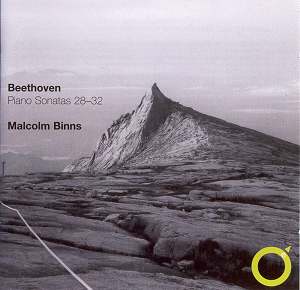I'm keen for any feedback on this Orfeo set taken from Austrian radio recordings of Friedrich Gulda playing Beethoven's piano sonatas, Six Bagatelles Op. 126, the Diabelli Variations Op. 120 and the Eroica Variations Op. 35. (http://www.amazon.co.uk/Beethoven-Fr...I1SDC2KN2CN1LW)
I'm most interested in hearing how it compares to his later Amadeo recordings. I like Beethoven played in the Solomon vein, not too clinical, mechanical or detached. These are adjectives I've heard to describe Gulda's Amadeo set from 1967 (now available here with the 5 Piano Concertos: http://www.amazon.co.uk/Beethoven-Fr...I1SDC2KN2CN1LW).
Obviously Solomon didn't record a complete cycle and I'm looking to invest in one of the Gulda sets (I like his Book One of Bach's Well-tempered Clavier) or Gilels (again incomplete) cycle. However, the latter's Beethoven is sometimes described as detached or remote.
I look forward to reading your responses.
I'm most interested in hearing how it compares to his later Amadeo recordings. I like Beethoven played in the Solomon vein, not too clinical, mechanical or detached. These are adjectives I've heard to describe Gulda's Amadeo set from 1967 (now available here with the 5 Piano Concertos: http://www.amazon.co.uk/Beethoven-Fr...I1SDC2KN2CN1LW).
Obviously Solomon didn't record a complete cycle and I'm looking to invest in one of the Gulda sets (I like his Book One of Bach's Well-tempered Clavier) or Gilels (again incomplete) cycle. However, the latter's Beethoven is sometimes described as detached or remote.
I look forward to reading your responses.








Comment